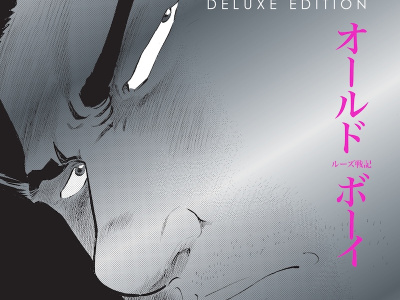Fueled by Janet Jackson's raunchy Super Bowl halftime display and election year political posturing, Congress is likely to increase the fine for broadcasters who air indecent material from $27,000 to $500,000. FCC honcho Michael Powell had asked for an increase in the maximum fine to $275,000, but Congress pumped up his request and also made it easier for the FCC to fine individual performers, something the FCC has never done (and something that should raise some pretty big First Amendment questions). The new legislation, which passed the House Energy & Commerce Committee by a 49-1 margin, also provides for a 'three strikes' provision that would call for a mandatory license-revocation hearing for any radio or TV station with three 'indecency violations' on its record.
The National Association of Broadcasters opposes the legislation, but rather than lobbying directly against the bill, the broadcasters' trade group is calling for 'a voluntary code of conduct' for radio and TV stations. The typical response of American business to the prospect of government intervention is self-censorship and that defense mechanism is clearly in play in this case with both the National Association of Broadcasters and the top cable providers. Although cable and satellite systems are not covered by the new legislation, the FCC has been pushing cable and satellite operators to make sure that their customers know how to turn off channels, which may carry offensive programming, and the cable operators are responding with a series of ads and public service announcements as well a notices included with cable bills.
While the media has been concentrating on a few high profile actions inspired by the wave of 'anti-smut' legislation seeping out of Washington, the effects of this latest crusade against public indecency may be much more subtle and far-reaching than the dismissal of Bubba the Love Sponge and the slap-down of shock jock Howard Stern. In talking to American anime distributors who are prepping anime series for U.S. broadcast and cable systems, ICv2 has noticed a growing concern about how to deal with cultural differences between the U.S. and Japan -- a concern that may well lead to more self-censorship and editing of anime series before they are aired on the major ad-supported cable networks. While the editing of anime series for broadcast on American TV and cable systems has never gone away, it has diminished considerably, particularly since anime series became part of cable's late night lineup. But if Congress keeps the heat on, we could soon be back to the bad old days of heavy editing of some series for U.S. anime broadcasts.







